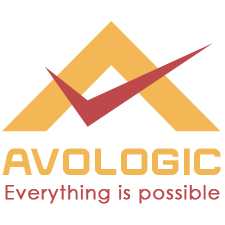Salesforce is a customer relationship management (CRM) software that is widely used in businesses and organizations of all sizes to manage customer data, track sales leads, and improve customer engagement. Here are some of the topics that might be covered in a typical Salesforce course:
- Introduction to Salesforce: This section covers the basics of Salesforce, including its history, features, and benefits.
- Salesforce Data Model: In this section, learners will learn about the Salesforce data model, including objects, fields, and relationships. They will also learn how to create custom objects and fields to track their specific business data.
- Salesforce Administration: This section covers the basics of Salesforce administration, including user management, security, and access control. Learners will also learn how to create and customize reports and dashboards to visualize their data.
- Sales Cloud: This section covers the features and functionality of Salesforce’s Sales Cloud, including lead and opportunity management, pipeline forecasting, and sales collaboration.
- Service Cloud: This section covers the features and functionality of Salesforce’s Service Cloud, including case management, knowledge management, and service automation.
- Marketing Cloud: This section covers the features and functionality of Salesforce’s Marketing Cloud, including email marketing, social media marketing, and digital advertising.
- App Development: In this section, learners will learn how to develop custom apps on the Salesforce platform, using tools such as Lightning App Builder and Apex programming language.
By the end of the course, learners should have a good understanding of the fundamentals of Salesforce, including how to set up and manage customer data, track sales leads, and improve customer engagement. They should also be able to develop custom apps on the Salesforce platform and use Salesforce’s various Cloud offerings to support their business needs.
Page Copyright
© Copyright @Avologic 2016 - 2023 All Rights Reserved.
